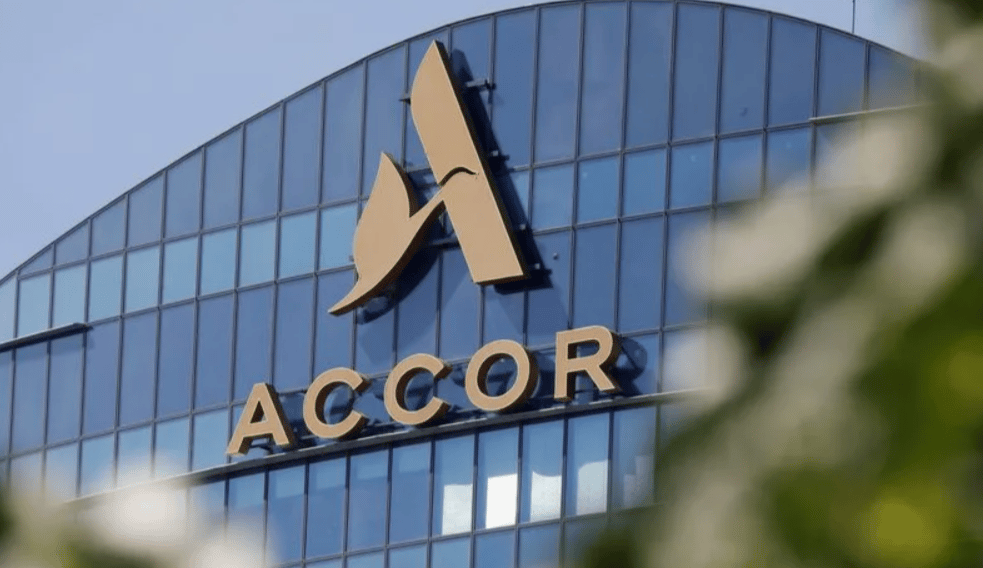

As global trade tensions re-emerge under the renewed tariff policies of former U.S. President Donald Trump, French hospitality group Accor $ACCYY is turning inward to insulate its operations. The company’s regional leadership, particularly across the Middle East, Africa, and Asia-Pacific, has confirmed that localized supply chains are key to mitigating the escalating costs and disruptions brought on by the deepening trade conflict.
This approach underscores a broader trend among multinational corporations—rethinking global logistics and pivoting toward regional resilience in the face of growing geopolitical and economic uncertainty.
Accor’s strategy to shift reliance toward regional procurement and supply sources reflects a calculated response to mounting inflationary pressures and logistics volatility. The luxury and mid-tier hotel operator continues to see robust travel demand in several international markets, but its ability to maintain stable margins hinges on minimizing exposure to cross-border cost shocks.
Key challenges shaping Accor’s current outlook include:
Tariff-Driven Cost Pressures Tariffs on imported goods are inflating operational costs—from construction materials for new hotel projects to food and beverage inputs for daily service.
Disrupted Supply Chains Global bottlenecks are leading to longer delivery times and increased costs for equipment and furnishings used in hotel maintenance and upgrades.
Currency Fluctuations Trade instability is fueling currency volatility, complicating pricing strategies and cross-regional financial planning.
Inflation in Core Markets Consumer prices are climbing in several of Accor’s key operating regions, affecting travel behavior and increasing wage expectations for hospitality workers.
Geopolitical Instability Trade-related political uncertainty is creating additional risk in emerging markets, requiring flexible and decentralized management structures.

To maintain continuity and profitability, Accor is doubling down on regional sourcing, local vendor relationships, and decentralized supply chain hubs. This strategy not only reduces the company’s dependence on transcontinental logistics but also aligns with sustainability goals and supports local economies.
Localized procurement: Prioritizing local products and services helps circumvent cross-border delays and tariff-induced price hikes.
Adaptive cost management: Regional teams are empowered to adjust sourcing and pricing strategies in real-time based on local conditions.
Resilient supply networks: Creating alternative supply routes within key operating regions helps buffer against global shocks.
Customer experience consistency: By reducing the risk of stockouts and service interruptions, regional supply strategies ensure a more stable guest experience.
Sustainable operations: Local sourcing reduces carbon footprints and supports Accor’s broader ESG goals.
Despite the backdrop of economic volatility, Accor’s leadership in the Middle East, Africa, and Asia-Pacific remains optimistic. The company continues to benefit from strong tourism recovery and infrastructure development across these regions. Moreover, with business and leisure travel rebounding, localized resilience may prove to be a competitive advantage rather than just a contingency.
Accor’s performance going forward will likely be shaped by how effectively it can continue to adapt to global disruptions through regional strategies—balancing cost containment with quality service delivery.
It's impressive to see Accor adapting quickly to these challenges by prioritizing local supply chains.
Accor's strategy to focus on localized supply chains is a smart move in navigating these turbulent trade waters.